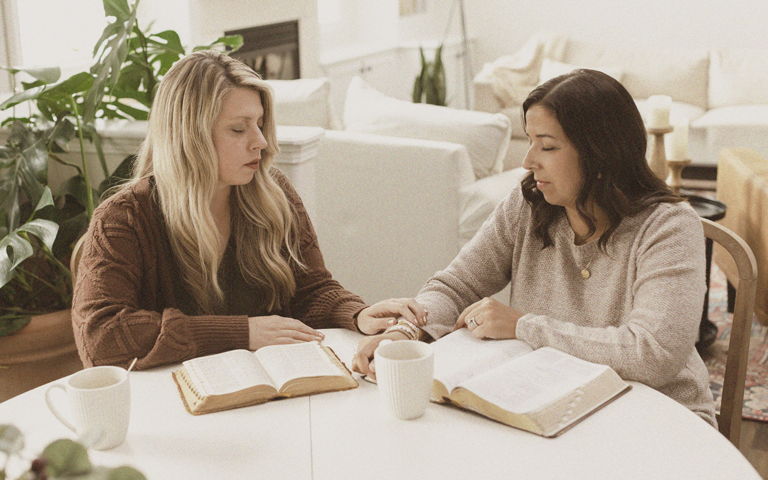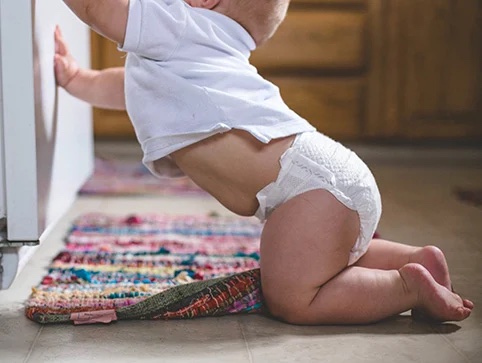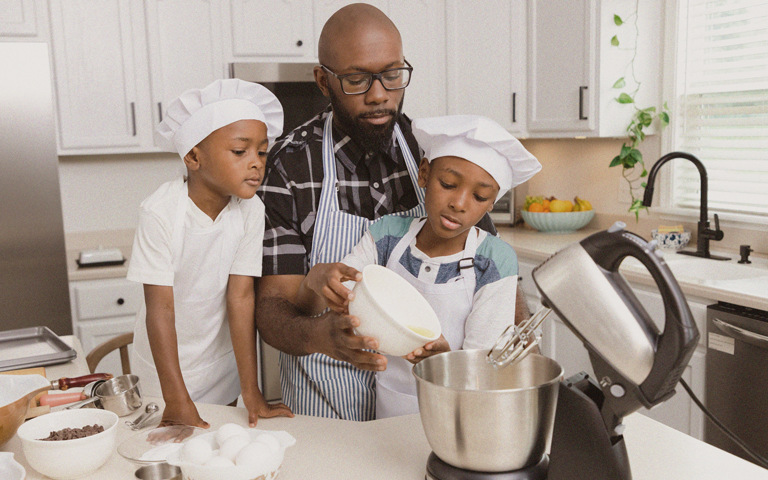Planning on having a baby? Mothers have a lot to contend with. Babies are cute, loveable, and tiny forces of destruction. They pull on furniture to support themselves as they start moving around, they put any and all objects in their mouths, and they will get into just about anything if they can.
Unless you take babyproofing measures, your little one can harm either themselves or their surroundings.
Home safety
You’ll want to maintain some areas of the home as being completely baby-free. Sometimes that’s to protect your sanity and have a getaway spot when a moment of quiet is needed. Sometimes keeping a baby out of a particular area is much easier than trying to babyproof the space.
Will the baby really be in the laundry room or the garage on a regular basis? Probably not. Identify areas or “zones” within the house that you anticipate having the baby in on a frequent basis, and focus your babyproofing energy there.
Provide a large open space—like the living room—as a space that has lots of “yeses” instead of “no” all the time and make it safe enough that you feel confident letting them roam and explore.
In this space, you should:
- Clear out any small items that could be dangerous.
- Anchor furniture and large objects to the wall—especially if your baby is a climber.
- Keep the floor clean by vacuuming or mopping often.
- Keep any items in the room clean since it’s normal for babies and toddlers to put anything they grab into their mouth.
- Waterproof any upholstery and pillows (and keep nice blankets or throws out of reach).
- Provide a baby play mat and blankets specifically for the baby.
Even in high-traffic areas of the home, you can create safe areas that specifically belong to your little one. For instance, you can clear out a cabinet or drawer in the kitchen they can put toys in and play with while you’re cooking, cleaning, etc.
The idea is that they can imitate their parents in a healthy way that keeps them out of harm’s way. It also prevents the frustration that comes from working around child locks the whole time. Giving one or two places dedicated to “play” can be a happy compromise for all.
Baby safety
As babies grow, so does their sense of curiosity. They’ll likely start imitating you by interacting with parts of the house that you do. Knowing this, it’s important to use babyproofing techniques to keep them from accessing certain places and things for their safety.
You should:
- Keep your dishwasher pods or detergent out of reach.
- Use a baby gate for stairs or to block off dangerous areas like the kitchen.
- Use outlet covers.
- Place locks on cabinets and drawers with cleaning supplies and chemicals.
- Lock away your medications.
- Close doors to rooms you don’t want your child to roam free in.
- Hide wires behind furniture.
- Keep shelves higher than they’re able to reach.
As babies grow, so does their sense of curiosity.
At some point, every baby needs to learn how to use the stairs. While it’s recommended to use a baby gate for stairs, some good non-traditional babyproofing advice is to teach the baby how to go down the stairs backward. If, for some reason, the baby gate was left open or knocked over during the toddler stage, you’ll want them to crawl down the stairs backward, giving them more natural control of balance and movement.
Another good precaution is installing a mesh crib liner. Your baby can fit their limbs in between the bars, which could cut off circulation and cause injury or worse.
Finally, be sure to install up-to-date smoke detectors and carbon monoxide detectors around your home. Keep a fire distinguisher in one or all bedrooms in case of an emergency. Even if it feels excessive, it’s better to be on the safe side.

CHM Maternity Guide
When you’re thinking about starting a family, considering all your options is a great first step.
Learn more about CHM’s maternity program and make sure you’re prepared by signing up to receive the Maternity Guide.







